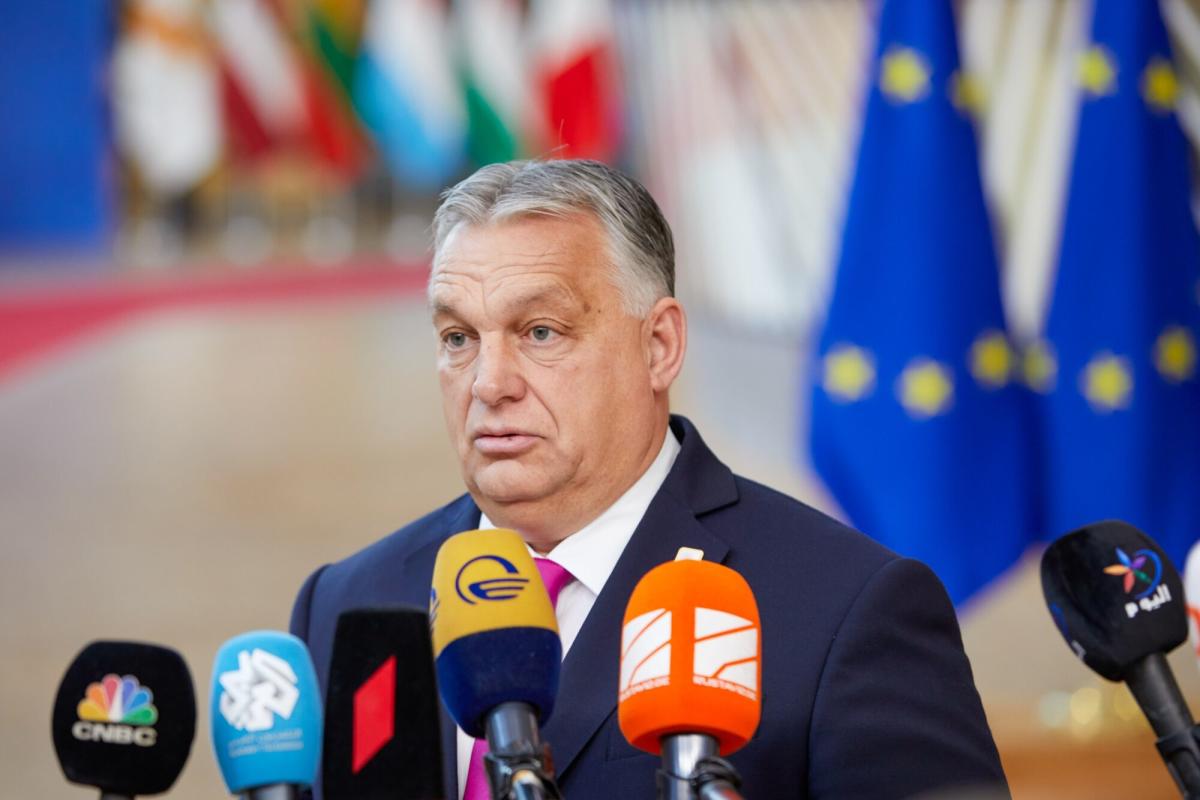Most Read from Bloomberg
Poland’s Donald Tusk and Hungary’s Viktor Orban separately issued strong condemnations after the European Parliament on Wednesday adopted a text aimed at managing arrivals to the continent. The strong words highlighted the perceived political risks of embracing any solution on an issue that’s become a rallying point for nationalists, especially ahead of EU-wide elections in June. Slovakia’s government has also rejected the legislation.
“The #MigrationPact is another nail in the coffin of the European Union,” Orban, whose country takes over the bloc’s rotating presidency in July, said on X. “Hungary will never give in to the mass migration frenzy! We need a change in Brussels in order to #StopMigration!”
Read more: EU Clears Way for New Immigration Rules Ahead of Elections
While the statement from Orban was predictable, it was Tusk — who returned to power in Poland last year with the goal of rolling back nationalism and restoring liberal democracy — who showed the political toxicity of the issue even for centrists. He said he’d find ways to exempt Poland from a mechanism that relocates migrants from front-line countries like Greece and Italy or otherwise obliges them to pay.
“I have certain possibilities or abilities to build certain alliances and there will certainly be no mechanism for relocation or paying for not accepting” migrants, Tusk told reporters in parliament.
It’s unlikely that the countries will be able to assemble enough support to block the deal, which requires the backing of a qualified majority of member states. EU member states are expected to formally approve it at the end of April.
The legislation, the culmination of a decade of difficult negotiations between the bloc’s 27 member states and the EU assembly, was also criticized by more liberal parties for being too tough on would-be immigrants and asylum seekers.
–With assistance from Daniel Hornak.
Most Read from Bloomberg Businessweek
©2024 Bloomberg L.P.
